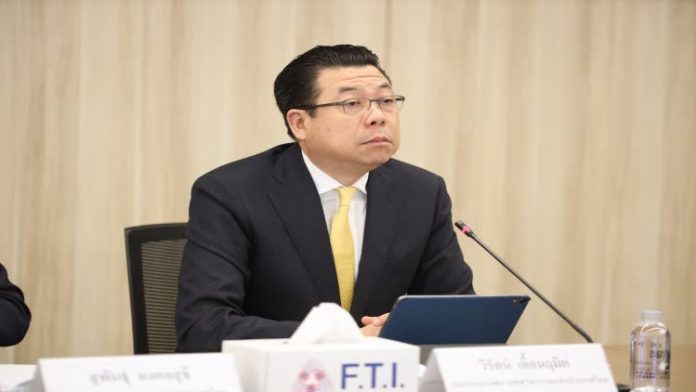BANGKOK (NNT) – Small and medium businesses are asking the government to help absorb their operational costs and rents as businesses continue to suffer from the COVID-19 pandemic.
The Federation of Thai Industries (FTI) has made suggestions on what the government could do to help small and medium enterprises (SMEs), in which cost cutting measures come out on top.
After a survey of CEOs across 45 industries, the FTI has concluded SMEs want the government to help absorb their business costs, such as utility bills and rents, in order to help them survive the pandemic-driven economic crisis.
They suggest the SME sector could use a 30% reduction in utility bills, and a 50% reduction on their rents and the associated fees collected by shopping malls and factories.
They suggest the government could introduce a tax rebate campaign for the lessors, encouraging them to cut rental prices during the crisis.
The FTI says SMEs are now facing a bigger crisis than in the situation last year, particularly due to workplace outbreaks and the lack of liquidity to sustain operations.
On feedback about economic measures introduced by the government, the FTI finds the co-pay and payout campaigns promoting domestic spending to be the most beneficial to small and medium businesses, followed by the reduction in required Social Security contributions, and soft loans.
On the government’s issuance of an Emergency Decree to seek 500 billion baht in loans, FTI executives say this portion of money should be used mostly to stimulate domestic consumption, then on financial aid and compensation to the general public and affected businesses.
Most executives surveyed believe a spending plan based on the 500 billion baht loan could help Thailand’s economy recover to normal in mid-2022.


